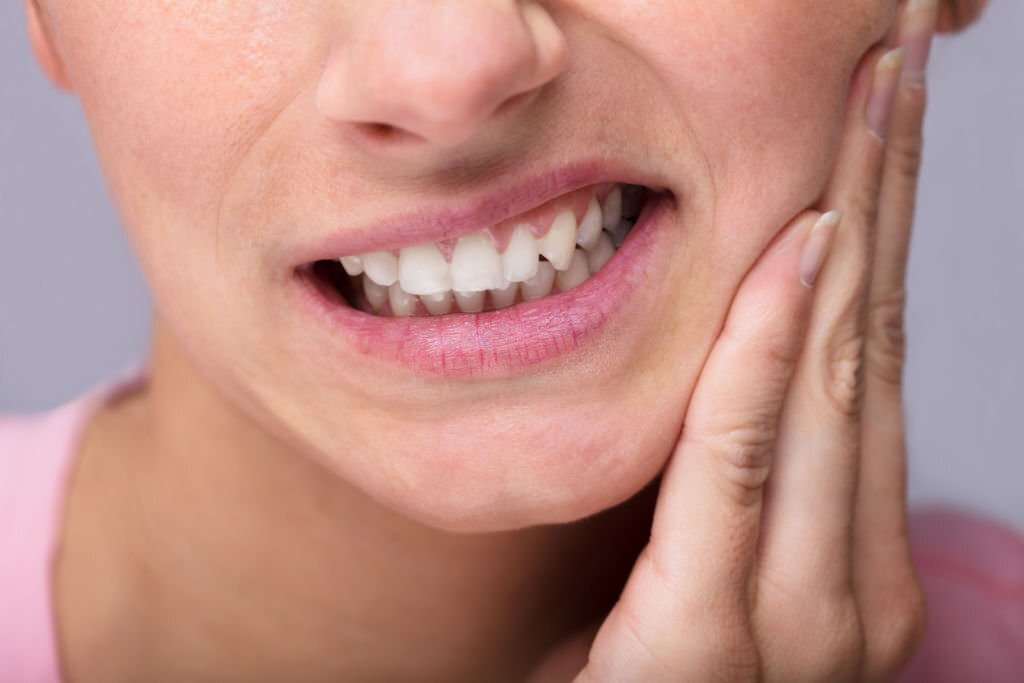Introduction:
Tooth sensitivity can be a bothersome and uncomfortable condition that affects many individuals. It occurs when the protective layer of enamel on your teeth wears down, exposing the sensitive nerve endings beneath. However, there’s no need to suffer in silence. In this blog post, we will provide you with 20 detailed tips to manage tooth sensitivity effectively, enabling you to enjoy a pain-free smile and maintain your oral health.
1. Visit your dentist:
Schedule regular dental check-ups to identify the cause of your tooth sensitivity and receive professional advice on managing it. Your dentist will be able to assess your specific situation and recommend the best course of action.
2. Use desensitizing toothpaste:
Opt for toothpaste specifically formulated for sensitive teeth. These toothpaste products contain desensitizing agents that can help to block pain signals and provide relief from tooth sensitivity.
3. Adopt a soft-bristled toothbrush:
Brushing your teeth with a soft-bristled toothbrush can help minimize enamel erosion and gum recession. Brush gently in a circular motion, taking care not to apply excessive pressure.
4. Avoid aggressive brushing techniques:
Aggressive brushing can contribute to enamel wear and gum recession, exacerbating tooth sensitivity. Instead, brush your teeth using light pressure and gentle strokes.
5. Choose a fluoride mouthwash:
Rinse your mouth with a fluoride mouthwash after brushing to strengthen your tooth enamel and reduce sensitivity. Look for a mouthwash specifically designed for sensitive teeth.

6. Practice proper oral hygiene:
Maintain a consistent oral hygiene routine, including brushing your teeth twice a day and flossing daily. Keeping your teeth and gums healthy can prevent further damage and reduce sensitivity.
7. Limit acidic food and beverages:
Acidic foods and drinks, such as citrus fruits, soda, and vinegar-based dressings, can erode tooth enamel over time. Minimize consumption to protect your teeth from sensitivity.
8. Use a straw for acidic drinks:
When consuming acidic beverages, such as fruit juices or carbonated drinks, use a straw to minimize contact with your teeth. This helps reduce enamel erosion and tooth sensitivity.
9. Avoid teeth grinding:
If you grind your teeth while sleeping, consider using a mouthguard to protect your teeth from excessive wear and reduce sensitivity. Consult your dentist for a custom-fit mouthguard.
10. Address teeth clenching habits:
Clenching your teeth throughout the day can contribute to enamel wear and tooth sensitivity. Be mindful of this habit and practice relaxation techniques to alleviate stress.
11. Choose a balanced diet:
A nutritious diet that includes foods rich in calcium, vitamin D, and phosphorus can promote strong teeth and protect against sensitivity. Incorporate dairy products, leafy greens, and fish into your meals.
12. Quit smoking:
Smoking can contribute to gum disease and tooth sensitivity. Quitting smoking not only benefits your overall health but also reduces the risk of dental issues, including sensitivity.
13. Control teeth whitening practices:
Teeth whitening treatments can sometimes increase tooth sensitivity. Consult your dentist to find a suitable whitening option that minimizes sensitivity or consider alternative methods, such as natural whitening remedies.
14. Avoid extreme temperatures:
Hot and cold temperatures can trigger tooth sensitivity. Consume foods and beverages at moderate temperatures and avoid exposing your teeth to sudden temperature changes.
15. Limit alcohol consumption:
Excessive alcohol consumption can lead to dry mouth, reducing saliva production and increasing the risk of tooth sensitivity. Drink alcohol in moderation and stay hydrated.
16. Maintain a healthy weight:
Obesity and excess weight have been linked to oral health issues, including tooth sensitivity. Maintain a healthy weight through a balanced diet and regular exercise to support your overall oral health.
17. Use a mouthguard during sports activities:
If you engage in contact sports or activities that pose a risk to your teeth, wear a mouthguard to prevent dental injuries that can contribute to tooth sensitivity.
18. Consider fluoride treatments:
Talk to your dentist about fluoride treatments to strengthen your tooth enamel and reduce sensitivity. These treatments are typically applied professionally and can be beneficial for individuals with sensitive teeth.
19. Manage acid reflux:
Acid reflux can lead to acid exposure in the mouth, causing enamel erosion and tooth sensitivity. If you suffer from acid reflux, work with your healthcare provider to manage the condition effectively.
20. Seek professional dental treatments:
In severe cases of tooth sensitivity, your dentist may recommend additional treatments such as dental bonding, root canal therapy, or gum grafts to address the underlying causes and alleviate sensitivity.
Conclusion:
Tooth sensitivity doesn’t have to hinder your daily life. By following these 20 detailed tips, you can effectively manage tooth sensitivity and enjoy a pain-free smile. Remember to consult your dentist for personalized advice and treatment options based on your specific needs. Prioritize your oral health, and you’ll be able to maintain a healthy, vibrant smile for years to come.


